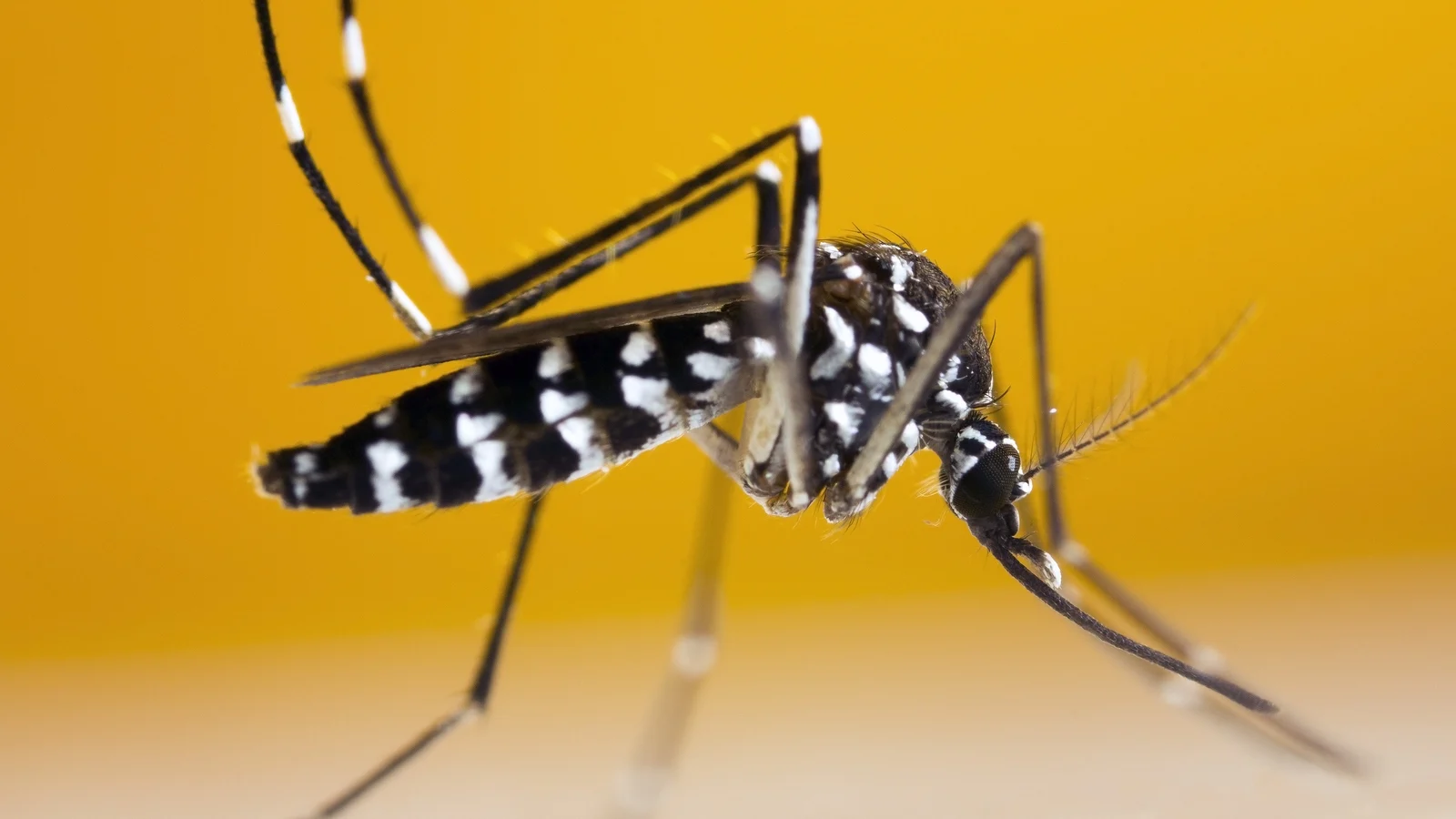Mosquitoes Detected in Iceland for the First Time Following Record-Breaking Heatwave

Mosquitoes Discovered in Iceland for the First Time Amid Record-Breaking Spring Heat
For the first time on record, mosquitoes have been identified in Iceland following an unusually warm spring that shattered historical temperature records across the country.
The discovery was made by insect enthusiast Björn Hjaltason, who encountered the insects while conducting nocturnal moth observations using wine-soaked ropes. Over the course of several nights, Hjaltason collected two female mosquitoes and one male, later confirmed to be Culiseta annulata—a hardy species capable of surviving cold winters.
Until this finding, Iceland was one of only two known mosquito-free regions in the world, the other being Antarctica. The country’s cold climate and lack of stagnant water have historically made it inhospitable to mosquito populations.
The specimens were found in Kjós, a glacial valley southwest of Reykjavík. Hjaltason shared his observations on a local wildlife forum, describing the insects as “a strange fly on a red wine ribbon.” In his post, he noted, “I could tell right away that this was something I had never seen before,” and remarked that “the last fortress seems to have fallen.”
The mosquitoes were sent to the Icelandic Institute of Natural History, where entomologist Matthías Alfreðsson confirmed the species identification. While Culiseta annulata is common in parts of Europe and North Africa, its arrival in Iceland raises questions about how the insects managed to reach the island nation. Alfreðsson noted that the specific pathway remains unclear, though the possibility of introduction via ships or cargo cannot be ruled out.
Iceland’s meteorological records offer context for the unprecedented appearance. Typically, May temperatures rarely exceed 20°C (68°F), and heatwaves last only a few days. However, this year, several regions experienced temperatures above that threshold for ten consecutive days, including a new May temperature record of 26.6°C (79.8°F) at Egilsstaðir Airport.
Such climate anomalies could have significant ecological impacts. A June report from the Global Heat Health Information Network warned that warming trends could disrupt fragile ecosystems adapted to cold conditions.
Although the appearance of mosquitoes in Iceland is a notable development, experts caution that further monitoring is needed to determine whether the species has established a sustainable population. According to Alfreðsson, upcoming spring seasons will be critical in assessing whether the insects have successfully adapted to their new environment.
Hjaltason, reflecting on the discovery, speculated that the mosquitoes may have arrived via the nearby industrial port of Grundartangi. “Things often arrive with ships and containers, so it’s possible something came in that way,” he said. “But if three of them came straight into my garden, there were probably more.”


